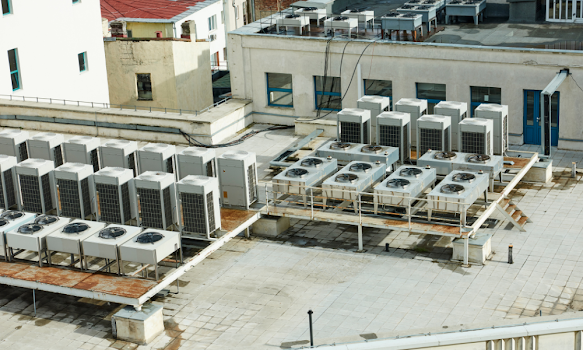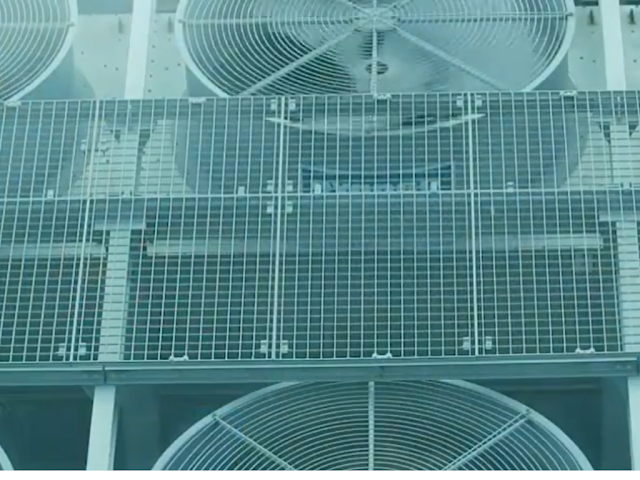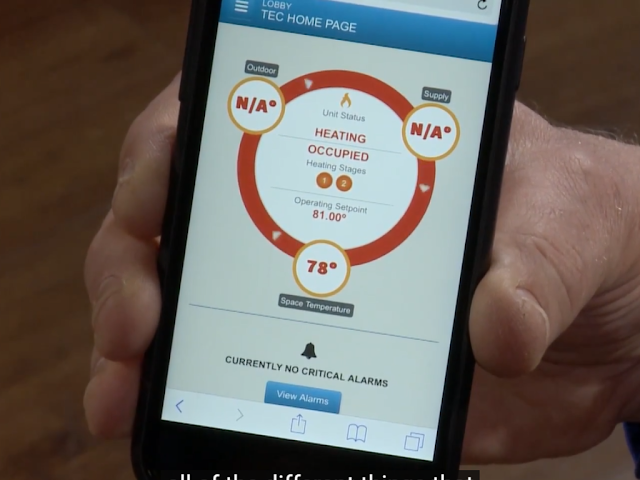Are you the proud new owner of an HVAC system? Congratulations! Once installed, proper maintenance is key to keeping your heating and cooling unit running smoothly for years. Did you know that signing up for a maintenance contract from a certified technician could save you both time and money in the long run? In this article, I'll explore why you should consider a maintenance contract for your new HVAC system.
 |
| Maintenance Contract for Your New HVAC System |
1. Peace of Mind
A maintenance contract for your new HVAC system can provide you with peace of mind knowing that your system will be regularly serviced and maintained by professionals.
2. Longevity
Regular maintenance can help extend the lifespan of your HVAC system, allowing you to enjoy a more efficient and reliable system for longer.
3. Efficiency
A well-maintained HVAC system is more efficient and can save you money on your energy bills.
4. Cost Savings
Regular maintenance can help prevent costly breakdowns and repairs by identifying potential issues early.
5. Improved Air Quality
Regular maintenance can help improve the air quality in your home or office by ensuring that filters and ductwork are clean and functioning properly.
6. Increased Comfort
A well-maintained HVAC system will operate more efficiently, providing a more comfortable indoor environment.
7. Priority Service
You often receive priority service during a breakdown or emergency with a maintenance contract.
8. Regular Maintenance
A maintenance contract ensures that your HVAC system is serviced regularly, so you don't have to worry about scheduling appointments or remembering to call for service.
9. Professional Service
When you have a maintenance contract, you can be sure your system is serviced by trained and certified professionals who know how to keep your system operating at peak efficiency.
10. Warranty Protection
Many HVAC manufacturers require regular maintenance to keep their warranties valid. A maintenance contract can help protect your investment and ensure your system is covered if something goes wrong.
In conclusion, investing in a maintenance contract for your new HVAC system is one of the smartest decisions you can make. Not only can it help protect your warranty, but it can also extend the life of your system and save you from costly repairs in the future. Regular maintenance will help ensure your system runs efficiently, reliably, and safely all year round.





